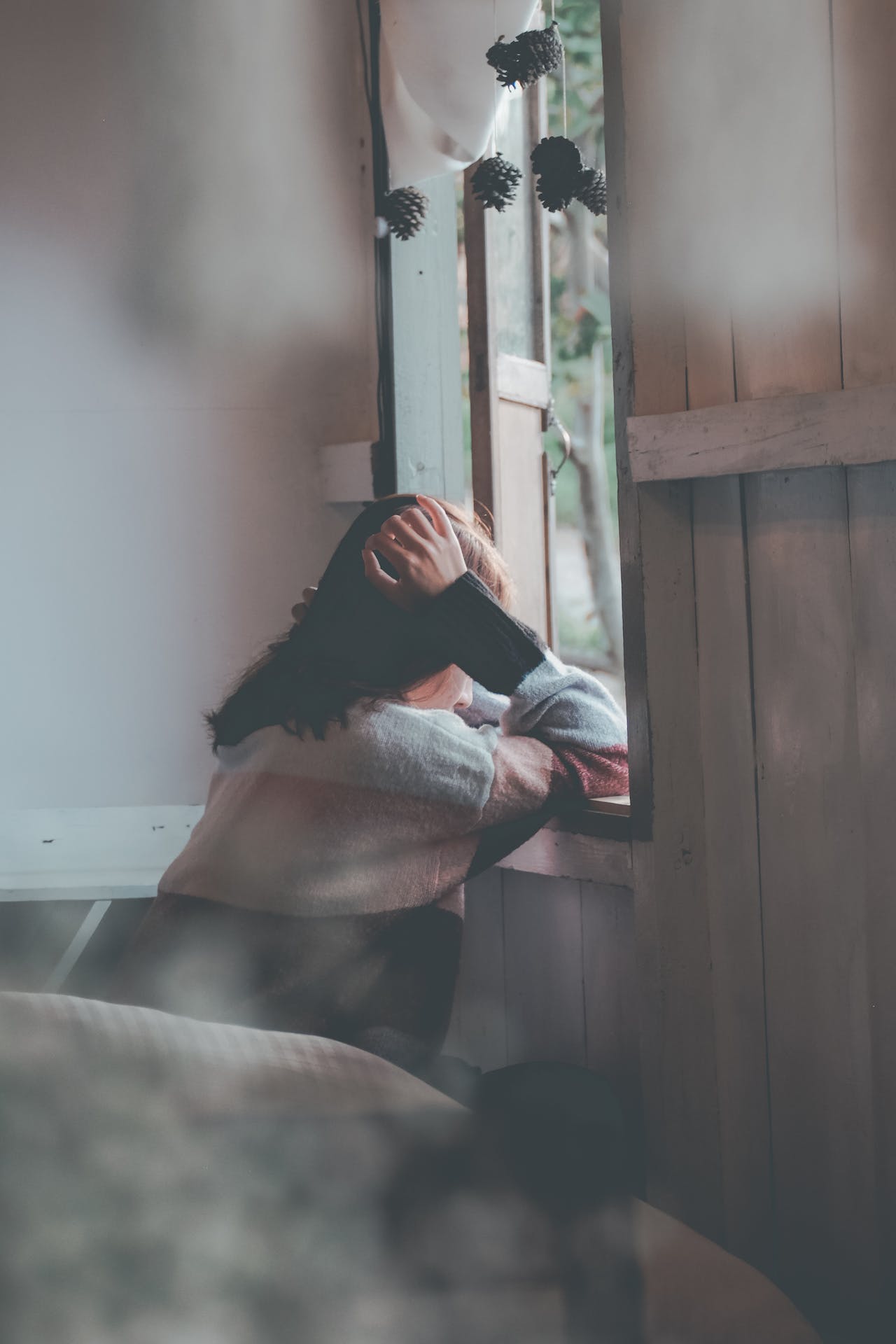
At the edge of last summer, my dad died.
He was here, tickling my kids and making us brunch. He was in his 70s, but he’d likely live another 20 years, given the longevity that courses through his family.
The previous August, my parents rented a lake house for a week. My husband and kids and I joined them. We swam and played cards and sat by the swirling campfire my dad built while the kids gorged on s’mores.
My dad took me kayaking that week. He sat in the back of the narrow boat and explained how to row. I couldn’t see him, but I could hear his voice and feel the strength of his hands and arms pushing the oars through the glass-topped lake. He gave me gentle suggestions about how to get the boat to turn, and he rowed, but mostly, he followed my lead.
I was a little surprised to learn that at 44, I could still discover a new activity that I loved; I wasn’t at all surprised that even in middle age, my dad was still teaching me in his unique way—steady, gentle, and understated.
Last winter, he started coughing. His doctor told him it was probably a virus. His doctor was wrong; my dad had late-stage lung cancer. By the time he was properly diagnosed, he only had 10 days left to live. My mom and I said goodbye to his body in a quiet hospital room. I am still learning to say goodbye to his calm, constant presence in my daily life.
Grief is an old companion of mine. I spent my 20s stumbling through a series of losses that wrecked and revised me, carved me into something new and essential.
But grief is also robust. It’s familiar, yet it’s also foreign. I’d forgotten the thick, gray gravity of it, the way it sequesters and saps and softens us.
Again, I find myself lost.
Again, I find myself new.
In this fresh grief, this sharp ache, I hover somewhere between Before and After. I am not who I was before my dad got sick. I am not yet who I will be when I’ve metabolized this new, unwished-for normal. I am becoming acquainted with this unfolding, unfathered version of myself.
There are no clear rules for grief, no shortcuts, no top 10 tips on “How to Rock Your Way Through Grief Like a Badass.” But there are things we can do to make our grief journeys less painful.
This is the promise I make myself, over and over again:
I will let grief have its way with me. I will make space for this deep loss, this vast, wild love. Sometimes, grief is an earthquake, jostling me to my foundation. Other seconds, hours, even days, it dozes. I’ll glance over my shoulder, suspicious, and perhaps a bit guilty, at how normal I feel.
I will not push my grief to the edges of my life. I will not be petrified of it; I will not allow it to petrify me.
I will be patient with myself. Grieving takes time—perhaps forever. Workplaces give us three days of bereavement time, but there’s no true timeline for tending to a broken heart. There’s only the long arc of love, the subtle softening and shifting of the ache.
I will go to the woods or the ocean or the mountains. Because in nature, death makes sense. There is even beauty in it, utility. The way dying leaves and small, furry creatures wilt, becoming food and soil. Becoming nourishment. There is graciousness in this cycle. There is purpose, a chain of life and death twisted together. In the west, we have tried to cast death out, which makes it grow strange and hulking. But in nature, we’re reminded that death is braided into the essence of everything.
I will remind myself that grieving feels a lot like going crazy, but it’s really just the flip side of new love.
I will continue to care for my physical body. I will give myself water and exercise and rest.
I will try not to expect more of myself during this time than I would expect of a dear friend, or a sweet and tired child.
I will write about it. Because in putting pen to paper or fingertips to keyboard, the swirling thoughts begin to find landing places. Because writing makes it real, and sometimes I need the solidity of ink on paper. And because with words, I can glance back and see small signs of healing, I can trace this hard and holy path.
I will shrug off the words of those who say, “Everything happens for a reason.” But I will also be curious about what meaning I might make of this loss. I will remain open to allowing my pain to shape me into the person the world needs me to be.
I will remember that in the wilderness of grief, we are slipping from one version of ourselves to another. That maybe, this pain will connect us to the sweet core of someone else’s suffering, that it might allow us to meet them in their dark and unmapped coves.
I will be open to the mystery of death. I will ride the waves of doubt and belief. That maybe there is nothing and maybe there is everything.
I will look for my dad in the navy night and in the space between tree branches. In the deer that sometimes appear by the roadside like beacons, and in the flash of royal blue I saw behind my eyelids after yoga this morning. In the image I carry of my dad sitting in the kayak behind me—quietly looking on as I try to steer without him, armed with everything he’s taught me.
I will remember that in this strange and painful searching, there is mostly love.


 Share on bsky
Share on bsky




Read 9 comments and reply